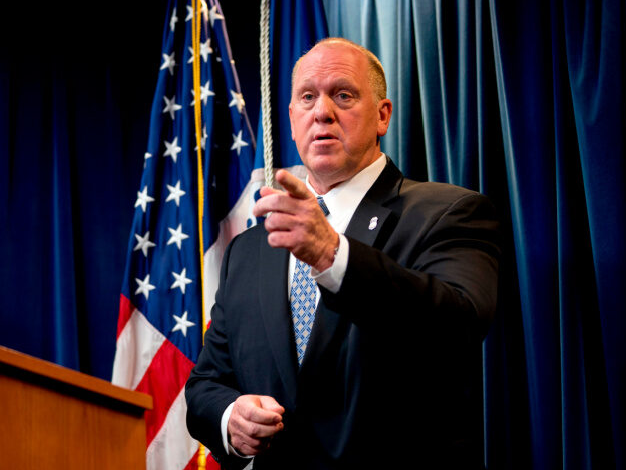Tom Homan, appointed by President-elect Donald Trump as the incoming “border czar,” has issued a stern warning to sanctuary cities and states planning to oppose federal immigration enforcement. He emphasized that such resistance would lead to unintended and undesirable outcomes, potentially increasing the presence of Immigration and Customs Enforcement (ICE) agents in their communities.
In a recent interview, Homan explained that cooperation with ICE by allowing access to local jails enables the agency to apprehend individuals in a controlled environment, minimizing risks to the community and officers. He cautioned that releasing individuals from custody without notifying ICE forces the agency to conduct operations in the community, which could result in the detention of additional undocumented individuals encountered during these actions.
Homan’s comments come amid declarations from various city and state leaders vowing to resist the incoming administration’s immigration policies. For instance, Denver Mayor Mike Johnston has pledged to protect undocumented immigrants within his city, even at the risk of personal consequences. Similarly, Boston Mayor Michelle Wu has expressed intentions to defy mass deportation efforts, reinforcing the city’s status as a sanctuary city.
The incoming administration has signaled plans for extensive deportation operations targeting undocumented immigrants, particularly those with criminal records or deemed national security threats. Homan underscored that the primary focus would be on public safety threats, questioning the rationale of any local leader opposing the removal of such individuals from their communities.
The tension between federal immigration authorities and sanctuary jurisdictions is expected to escalate as the new administration implements its policies. Homan’s statements highlight the potential consequences for communities that choose to resist cooperation with ICE, suggesting that such actions may inadvertently lead to increased enforcement activities and broader impacts on undocumented populations within those areas.


